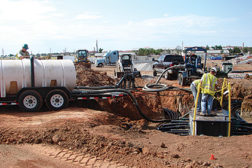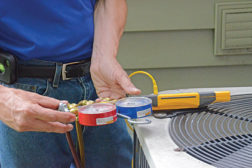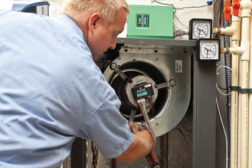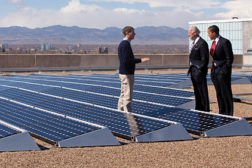Home » tax credits
Articles Tagged with ''tax credits''
Tax Benefits Are Extremely Significant for the Commercial Geothermal Heat Pump Market
Read More
Touting the Benefits of Residential Geothermal HVAC Systems
Industry Groups Educate Homeowners About GHPs
Read More
Jan. 29, 2014: Carrier Receives Advanced Energy Project Tax Credit to Expand Production
Carrier One of 12 Domestic Manufacturing Businesses to Receive a Project Credit
January 29, 2014
Congress Unlikely to Renew HVAC Tax Provisions in 2013
25C, 179D, Other HVAC-Related Tax Provisions Set to Expire on Dec. 31
Read More
Bells, Whistles for Geothermal Heat Pumps
Manufacturers Introduce Features to Improve Comfort, Efficiency, Serviceability
Read More
$150M in Tax Credits Reallocated for Clean-Energy Manufacturers
Interested Parties Have Until April 9 to Submit Concept Papers
Read More
Copyright ©2025. All Rights Reserved BNP Media.
Design, CMS, Hosting & Web Development :: ePublishing








